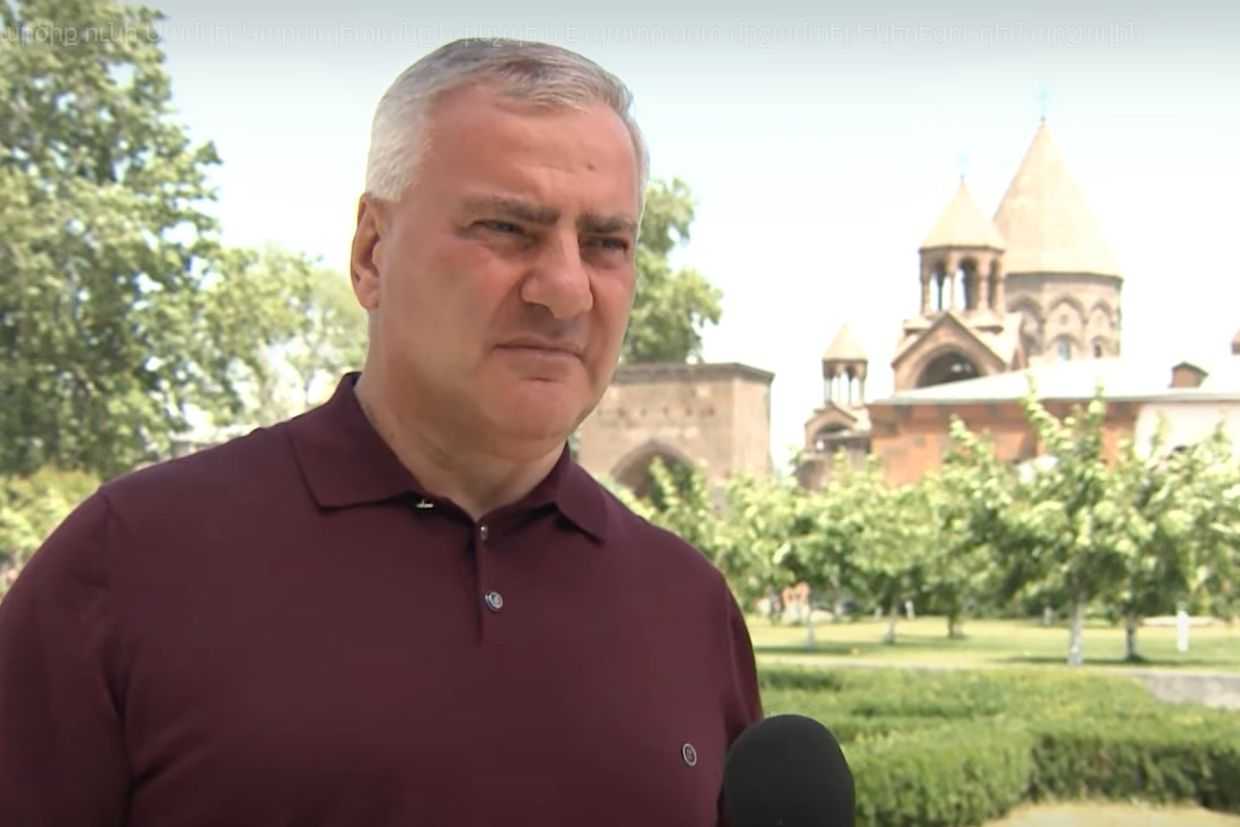
Reports of new skirmishes and videos showing the apparent mistreatment of Armenian POWs have underlined the unresolved issues between Armenia and Azerbaijan one year after the Second Nagorno-Karabakh War.
With the border now apparently in a tense calm, Armenian officials are beginning to clarify the number of fatalities suffered by its soldiers.
On Friday, Armenia’s Ministry of Defence reported that ‘as of now’, they could confirm six fatalities. In earlier reports, they had confirmed only one fatality, 13 soldiers taken prisoner by Azerbaijan, and 24 missing.
The repatriation of the deceased also included the participation of the former head of the Russian Peacekeeping Mission in Nagorno-Karabakh Rustam Muradov, who travelled to Baku and accompanied the transportation of the body back to Armenia.
Azerbaijan’s Defence Ministry has reported that seven Azerbaijani soldiers were killed and 10 wounded during the clashes.
Read more: [Worst fighting since end of Second Nagorno-Karabakh War]
Apparent abuse of POWs
Since the fighting began on Tuesday, videos have been published online apparently showing the verbal and physical abuse of Armenian POWs by Azerbaijani soldiers.
‘Abusing POWs is a war crime’. Giorgi Gogia, Associate Europe and Central Asia Division director of Human Rights Watch (HRW), wrote on Twitter on Friday alongside stills from one of the videos.
The ‘abhorrent videos’, which have not yet been independently verified by HRW, Gogia claimed depicted a violation of the Geneva conventions.
‘Azerbaijan should investigate all possible abuses and hold those responsible to account. Particularly, as some of the soldiers perpetrate the abuse with pride and don’t even hide their faces’, Gogia wrote.
Armenian Prime Minister Nikol Pashinyan also addressed the issue of POWs in a meeting with MPs on 17 November and appeared to blame the soldiers for being taken captive.
‘Every soldier serving in the Armed Forces of the Republic of Armenia has responsibilities’, he said. ‘Perhaps we have been wrong in this because of the emotional background, but all cases must be clearly examined. What does it mean to be taken prisoner? Under what circumstances?’.
The comments sparked outrage in Armenia.
‘Regardless of how that happened and in what circumstances, the Republic of Armenia has only one responsibility, to do everything to return our compatriots’, Aram Vardevanyan, an MP from the opposition Armenia Alliance said in response to Pashinyan.
‘Ready for demarcation’
Speaking in parliament on 17 November Pashinyan claimed that Russia had offered to start the process of border demarcation and delimitation between Armenia and Azerbaijan three times, and that he had agreed every single time.
‘My impression’, he said, ‘is that the process has not started due to Azerbaijan’s obstruction […] or due to not giving a concrete answer.’
In apparent contradiction to Pashiyan’s statement in parliament, on 18 November, Azerbaijani Foreign Minister Jeyhun Bayramov stated that Azerbaijan was ‘ready to start the delimitation process with Armenia on the basis of the principles of international law, but Armenia did not respond’.
Tensions on the border, meanwhile, remain high. On 17 November each side accused the other of opening fire on its positions at the border between Armenia’s Tavush province and Azerbaijan’s Tovuz region. No casualties have been reported.






